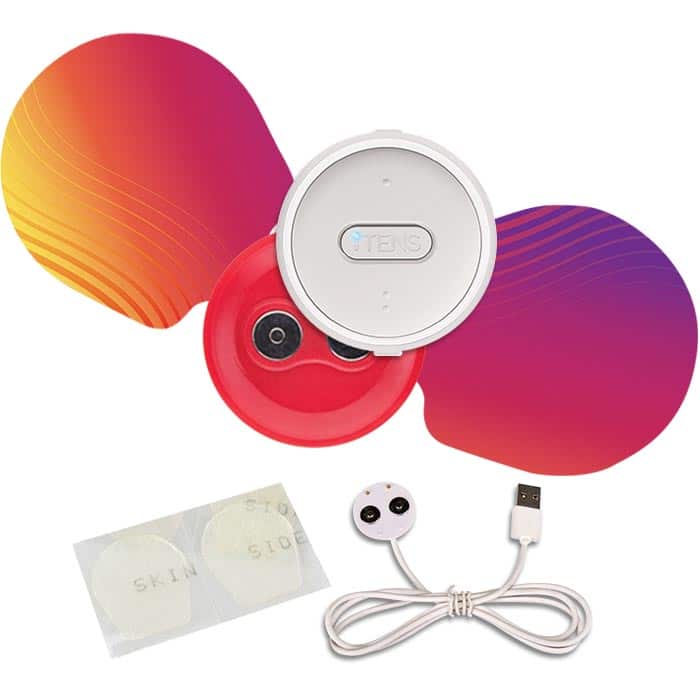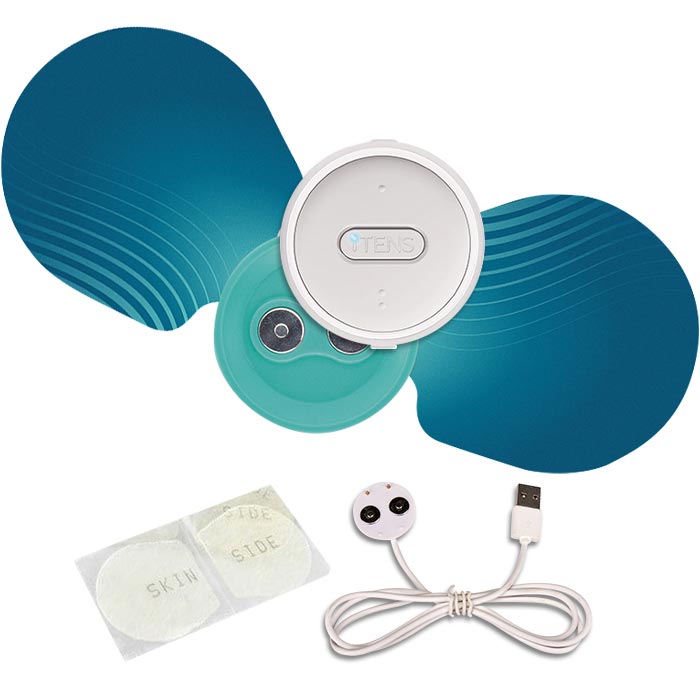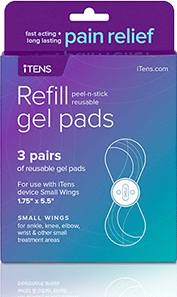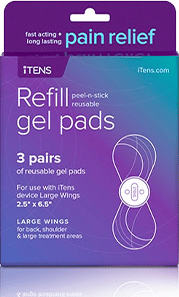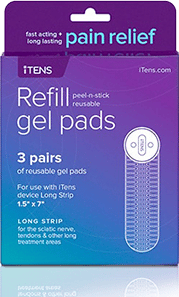
Doctors often prescribe medications for nerve pain to help patients find relief. These medications work by targeting the nerves themselves or by reducing inflammation that may be causing the pain. Common types of medications for neuropathic pain include anticonvulsants, antidepressants, and opioids. Anticonvulsants such as gabapentin can help to calm overactive nerves, while antidepressants like amitriptyline can help to block pain signals. Opioids, such as oxycodone, may be prescribed for more severe cases of nerve pain.
Living with nerve pain can be incredibly challenging. It can disrupt sleep, limit mobility, and hinder overall quality of life. Once enjoyable activities may now cause discomfort and frustration. Nerve pain can also lead to emotional distress and impact mental well-being. Therefore, people should be proactive in finding treatments for nerve pain. This article will present the different types of medications for relieving nerve pain, namely prescription opioids, anticonvulsants, and antidepressants.
Prescription Opioid Medications For Nerve Pain
Prescription opioids are commonly used nerve pain medications for managing acute and chronic pain. They are derived from the opium plant, which helps reduce pain signals by binding to opioid receptors in the brain and spinal cord. Doctors often prescribe them for various conditions. These include neuropathic pain, diabetic neuropathy, post-herpetic neuralgia, sciatica, or fibromyalgia.
Moreover, opioids block the transmission of pain signals between the nerves and the brain, relieving individuals who suffer from severe pain. They can also decrease inflammation and soothe hyperactive nerves. You can take these medications orally, through injection, or with transdermal patches. However, it is essential to note that they can cause high addiction rates.
Side Effects
- Risk of addiction: opioids have a high potential for addiction, particularly when used over a long period or in high doses.
- Common side effects: many experience drowsiness, constipation, nausea, and vomiting.
- Abdominal pain: opioid use can lead to abdominal pain and discomfort.
- Overdose: some people use opioids as recreational drugs, increasing overdose risks.
- Blood pressure: opioids can cause fluctuations in blood pressure, resulting in both increases and decreases.
- Hormonal effects: prolonged opioid use might disrupt hormonal balance, affecting sex drive and reproductive health.
- Tolerance and dependence: opioids can lead to increased tolerance, requiring higher doses for the same effect, and withdrawal symptoms upon cessation.

Anticonvulsant Medications For Nerve Pain
Doctors often prescribe anticonvulsants as a way to manage neuropathic pain. These nerve pain medications are known to be effective in reducing pain caused by damaged or malfunctioning nerves. Anticonvulsants work by targeting abnormal nerve impulses that cause pain. They can provide much-needed relief to individuals suffering from different conditions. These include migraine, carpal tunnel syndrome, diabetic neuropathy, post-herpetic neuralgia, and trigeminal neuralgia.
Additionally, anticonvulsant medications stabilise overactive nerve cells that transmit pain signals by affecting specific channels in the nerves. These nerve cells control the flow of impulses. Modulating the activity of these channels reduces the hyperexcitability of damaged nerves, thus alleviating pain. Furthermore, anticonvulsants may also exert anti-inflammatory effects on nerve tissue, enhancing their pain-relieving properties.
When using anticonvulsants for nerve pain, following the prescribed dosage and instructions provided by a healthcare professional is essential. Healthcare providers commonly initiate these medications at low doses and gradually raise them to achieve optimal pain control. Although anticonvulsants are generally safe and well-tolerated, they can lead to potential side effects. Reporting any worrisome symptoms to a healthcare provider is crucial to ensure proper monitoring.
Side Effects
Anticonvulsant medications are commonly used in the treatment of nerve pain. However, like any medication, they can potentially cause adverse effects. One common side effect of anticonvulsants is sedation or drowsiness. This can make individuals feel tired or sluggish and may impact their ability to perform certain tasks that require alertness.
Additionally, anticonvulsants can sometimes cause gastrointestinal symptoms such as nausea, vomiting, or changes in appetite. Individuals may experience stomach discomfort or indigestion. Some anticonvulsants may also cause weight gain or increased appetite, which may be undesirable for certain individuals. Other potential side effects include painful rashes, headaches, or mood changes.

Antidepressant Medications For Nerve Pain
Medications for nerve pain, such as antidepressants, are widely used to alleviate chronic pain. These medications target pain signals in the nervous system, granting pain relief to individuals grappling with neuropathic pain. Moreover, they contribute to shaping the innate pain-relieving capacities of the body.
Antidepressants alter brain chemicals involved in transmitting pain signals. They raise the levels of these chemicals, regulating pain perception and easing nerve damage-related symptoms. Furthermore, certain antidepressants possess anti-inflammatory attributes, further diminishing pain and granting relief. Additionally, its soothing effects may offer emotional relief from nerve-related distress.
When it comes to safe use, patients need to consult a pain specialist who can tailor their treatment. Alongside medications, topical treatments and nerve blocks can be introduced as part of a comprehensive treatment plan. Additionally, people should adhere to the prescribed dosage and instructions provided by health professionals. Other options, such as spinal cord stimulation and brain stimulation, may be considered in severe cases of nerve pain. Overall, antidepressants are generally safe and well-tolerated.
Side Effects
Antidepressants can be effective in alleviating pain symptoms. However, they also do come with potential side effects that individuals should be aware of. One potential side effect of antidepressant use is weight gain. Certain antidepressants, such as selective serotonin reuptake inhibitors (SSRIs) and tricyclic antidepressants (TCAs), can cause an increase in appetite.
Another potential side effect is the disruption of normal sexual function. Antidepressants can sometimes cause sexual side effects such as decreased libido, difficulty achieving orgasm, or erectile dysfunction. These effects can significantly impact the quality of life and may lead to a decreased adherence to medication treatment.
Conclusion
Prescription opioids, anticonvulsants, and antidepressants are essential categories of medications for nerve pain. They offer unique mechanisms to alleviate discomfort. These treatments target pain signals, stabilise overactive nerves, and enhance pain-relieving capabilities. Safe usage involves adhering to prescribed dosages, consulting healthcare professionals, and monitoring for potential side effects. A tailored treatment plan incorporating various modalities can effectively improve the quality of life for individuals enduring neuropathic pain.
Opioids, anticonvulsants, and antidepressants, while effective in managing nerve pain, carry distinct sets of potential side effects. Opioids pose risks of addiction, gastrointestinal discomfort, and hormonal imbalances. Anticonvulsants may induce sedation, gastrointestinal symptoms, and mood changes. Antidepressants could lead to weight gain, sexual dysfunction, and altered mood. Therefore, individuals should vigilantly assess potential side effects and collaborate closely with healthcare professionals. They should also make informed choices to attain optimal pain relief while effectively managing associated adverse effects.



